Today, I’m sharing gardening tips on organic gardening 101. So, you decided to do your own backyard vegetable gardening. You want to have your own garden, grow your own produce and go organic. However, you believe organic gardening is difficult. Let me tell you, organic gardening is work, but knowing that your family is eating healthy is worth it.
Having pesticide-free food and knowing that your pets are playing in a yard that is free of toxins give you peace of mind. Chemical solutions are there to help ease gardening, but they harm your produce and also make the soil chemical-dependent. Organic gardening will take some time, and more effort, but the results will be invaluable.
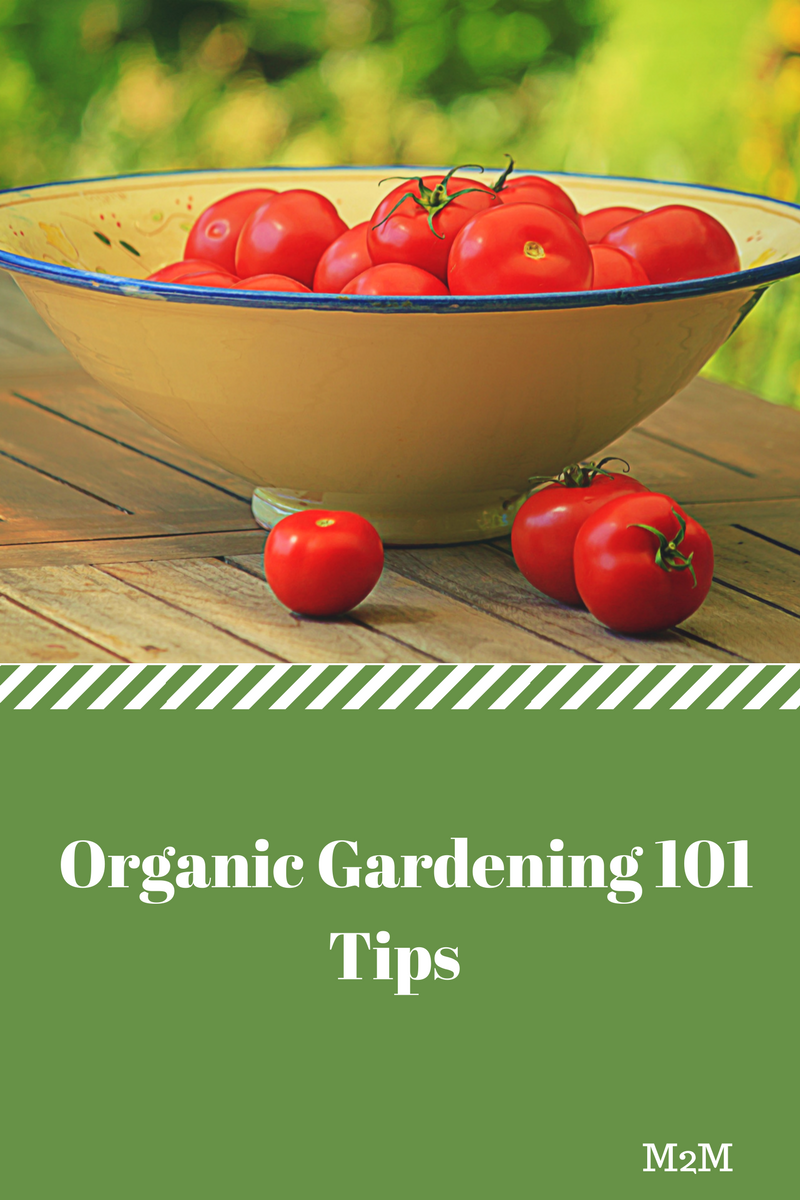
Organic Gardening 101:
Check the soil
Not all soil is the same. There are times when the soil is already filled with certain minerals or slightly acidic. These situations won’t allow for a good harvest. The best way to prepare your soil is to take a sample of your soil and send it to your local horticultural laboratory. They will send back a report with the analysis results. It will contain the pH value and advise which actions could be taken to improve the quality of your soil.
Which plants to choose
There are quite a lot of options to choose from, and in the end, it all depends on the purpose of your garden.
● Making your own produce – choosing to feed yourself and your family can be quite a feat. Don’t be discouraged if you are unsuccessful the first time. For a beginner, it is important to choose plants that are not demanding. For example, cucumbers, tomatoes, lettuce are easy to grow. Start small and expand as you get more experienced.
How to plant
It is wise to choose the location of your crops based on the sunlight in your garden. Mark the areas where each plant should go, and be sure to not overcrowd your garden. Also, be sure to leave enough space for air to circulate freely. As a result, this lessens the odds of fungi growing. Furthermore, the plants won’t over shade each other, risking crop failure.
Organic pesticides
Chemical pesticides are proven to be harmful to people. They are highly effective at protecting the crops, but at what cost? The chemicals the plant absorbs can affect their texture and taste. Most importantly, pesticides cannot be washed off. Choosing organic, home-made alternatives can more just as effective. One organic and consumable pesticide is Lemongrass. Lemongrass not only repels certain plant-eating insects, but it also works against mosquitoes. Furthermore, it doubles as a seasoning and tea herb for human consumption. Also, ladybugs or praying mantises naturally hunt the pests you have overrunning the garden.
Fertilizing and watering
Even if you choose low-maintenance plants, you will need to regularly water and “feed” them. You can never be too careful when watering. Water at the base of the plant to avoid damage. When it comes to fertilizer, the best compost is the one you make yourself. Designate a place in your garden for a compost bin. Mix organic waste, soil, water and open air to create the perfect balance of carbon and nitrogen enriched compost.
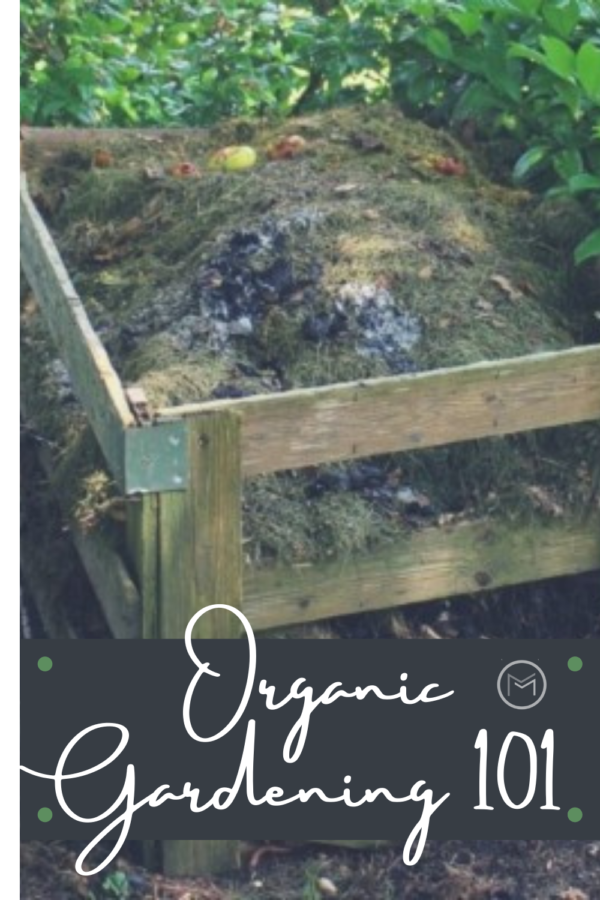
Weeds
Weeds are a pest as much as insects. Its seeds make it almost impossible to root out, especially if you decide to go herbicide-free. And, if not controlled as quickly as possible, they tend to spread out and take over the entire garden. There are several ways in which you can suppress the growth and spread of weeds. All include using your own two hands, some strength and some mulch. Placing mulch around plants will help reduce weeds. And when it comes to mulch, you have a few choices:
● Wood chips – unless you have personal access to the source, these can get pricey
● Burlap
● Straw – a short – term, but cheap solution
● Lawn clippings – high in nitrogen, so they should be used only near plants that need them
Finally, the food tastes better when it’s brought to the table by your own two hands. Organic gardening provides a good alternative to farmer’s markets. However, it requires patience and dedication. Make this project easier, by sharing experiences with other gardeners. Connect with other gardeners on-line, join online forums, and include your friends and family.
About the Author: Victoria Lim is a journalist, freelance stylist and a girl with a distinctive taste for home decor. She’s quite passionate about writing, sharing tips and DIY projects.


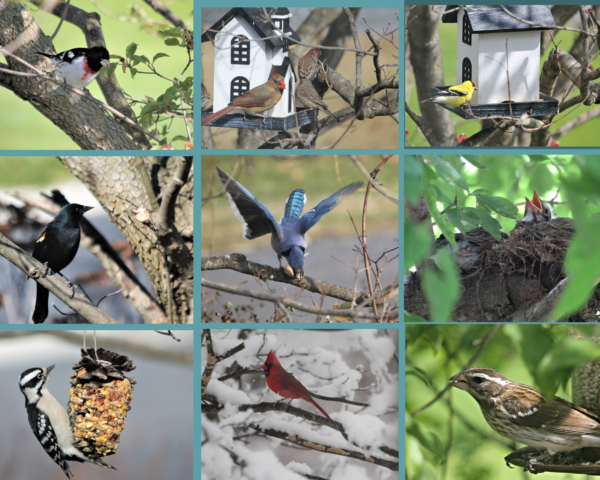
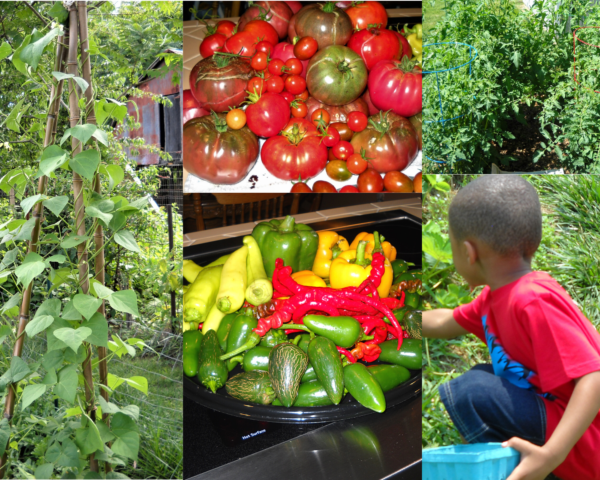
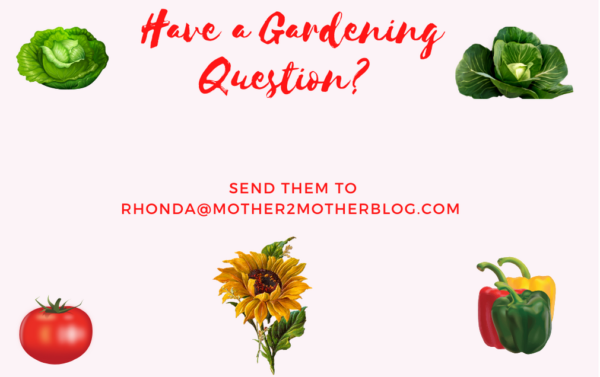

Gardens are the best! My husband spoils me. For the past 30 years he has planted one. Mainly tomatoes, okra, corn, potatoes, onion and spices. Canning is work, but when the top is popped and poured into the pan, it sure smells W O N D E R F U L!
Lots of good information in your post. Thanks.
Hello! Thought I would stop by and check out your blog. It’s good to meet you too! I’m a follower now; good stuff here! I’m going to start linking up with you on Sundays too.